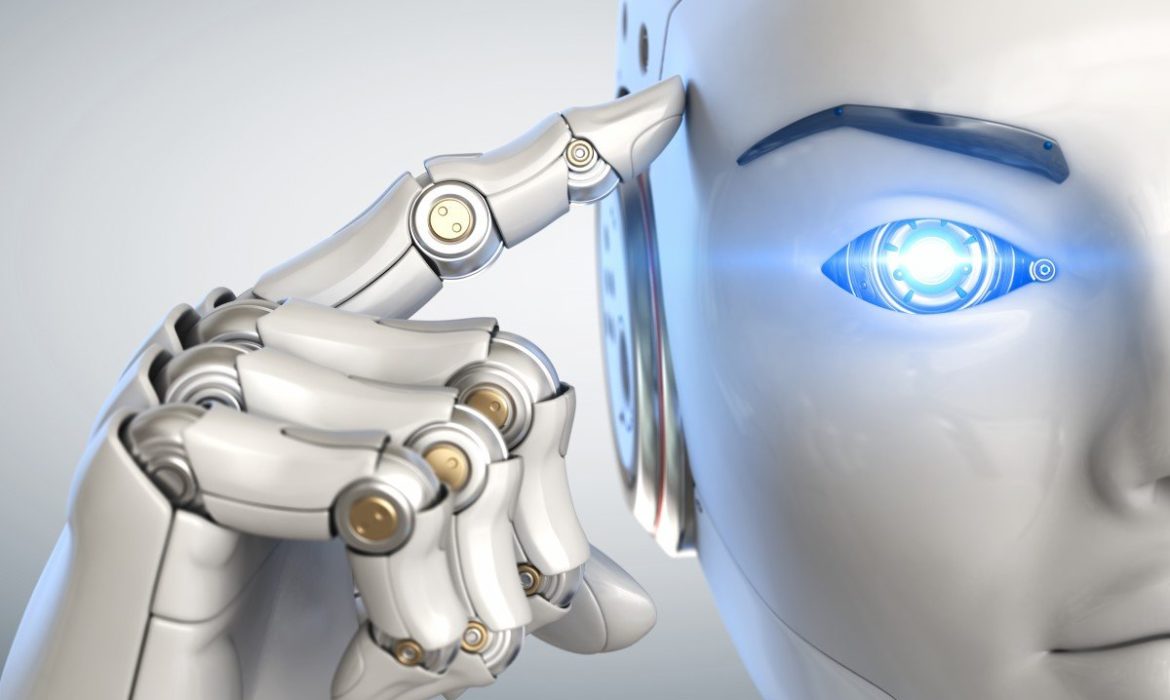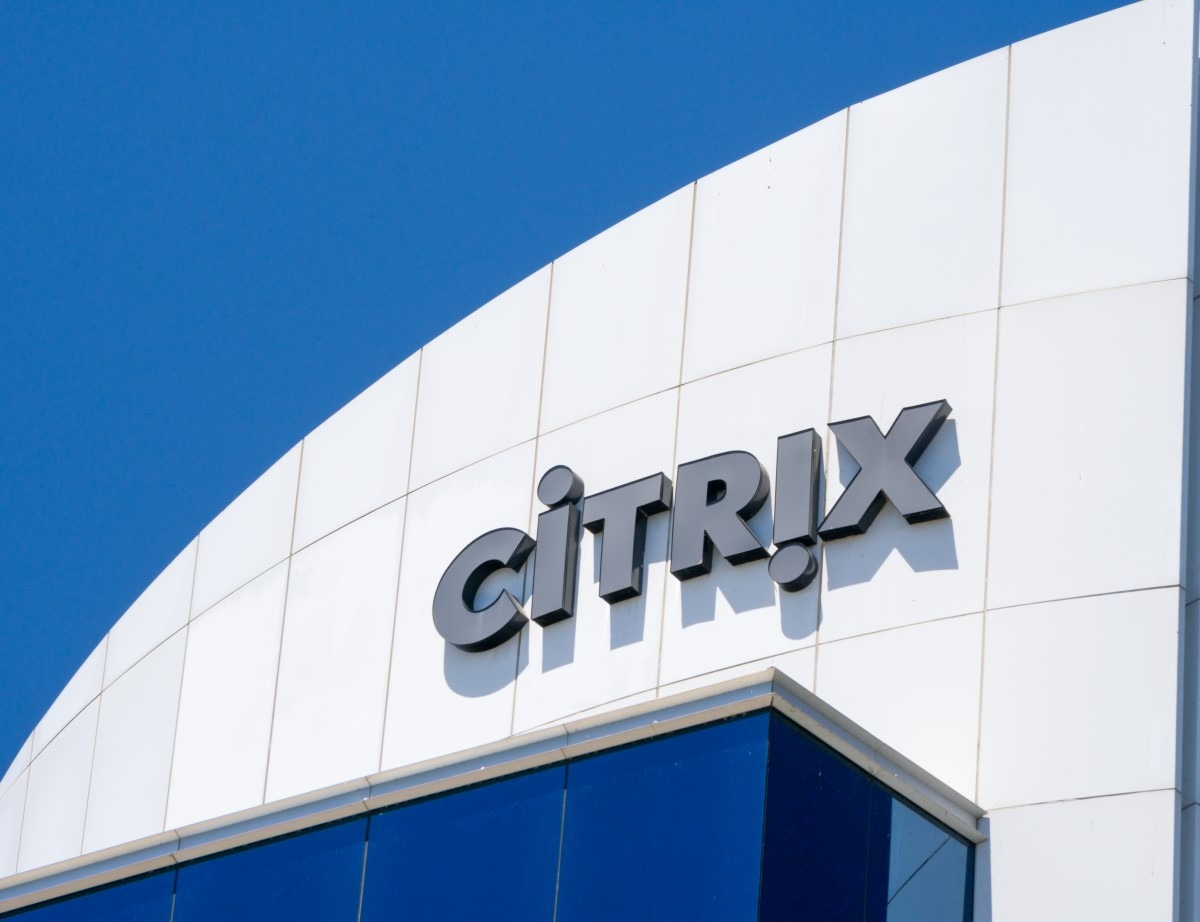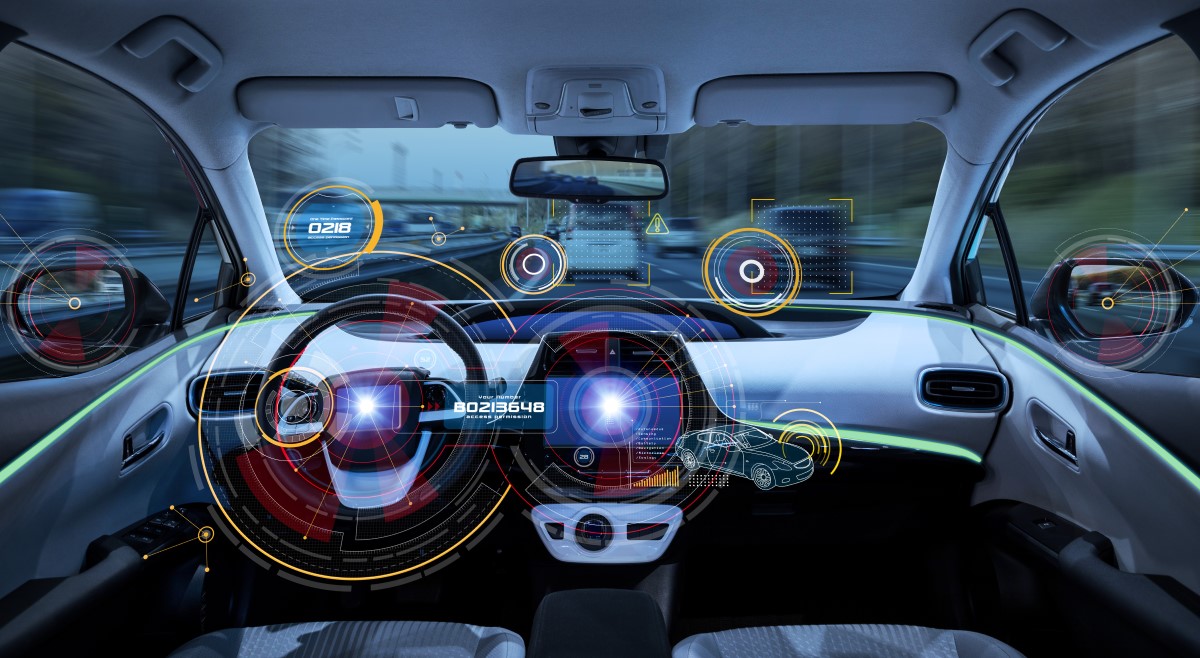Parents have already started to use artificial intelligence for scanning prospective babysitters’ social media.
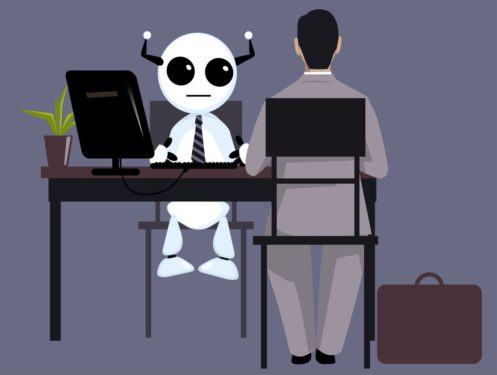
Recruiters are increasingly using artificial intelligence to determine whether a job posting is advertised to you and to make the first round of cuts. Artificial intelligence can collect data about previous or similar applicants. The effort made by recruiters to expand to make hires is cut down by these tools. Last year LinkedIn did a survey. The results showed that 67 percent of hiring recruiters and managers are using artificial intelligence.
But some people say that this kind of system can introduce transparency and lack of accountability, which can introduce bias and aren’t guaranteed to be accurate. For example, we can take the Utah-based company HireVue, which is selling a job interview video platform. It uses artificial intelligence to judge candidates and predicts their likelihood to succeed in a position, it claims. As the company says, it uses on-staff psychologists who are helping to develop customized assessment algorithms. By its side, algorithms can reflect the perfect traits for a particular job the recruiter hopes to hire for — for example, a computer engineer post or sales representative.
In a recorded video interview, the algorithm analyzes how the individual candidates answer the preselected questions. It grades their facial movements and verbal responses. HireVue says that this tool is more predictive than human interviewers conducting the same structured interviews for job performance. About 100 clients are using this tool, including Unilever and Hilton.
Regulations Against Artificial Intelligence
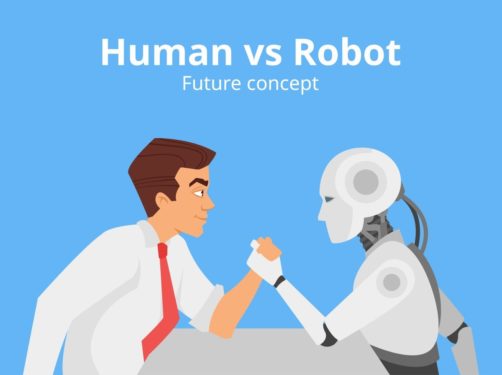
A privacy rights nonprofit, lawyers at the Electronic Privacy Information Center (EPIC), last month filed a complaint with the Federal Trade Commission. It pushed them to investigate the company’s potential inaccuracy, lack of transparency, and bias. It also accuses HireVue of engaging in “deceptive trade practices.” But the company claims it doesn’t use facial recognition.
Last year Algorithmic Accountability Act in Congress introduced a lawsuit. It would grant the FTC authority to have regulations to check for bias so-called “automated decision systems.” The EEOC (Equal Opportunity Employment Commission) is investigating at least two cases of discrimination involving algorithms for job decision, says the Bloomberg Law. This federal agency deals with employment discrimination.
With the use of artificial intelligence, recruiters can decide the hiring process. It can happen by attracting potential applicants and advertising to predict candidates’ job performance. A managing director at Upturn, a DC-based nonprofit digital technology group, Aaron Rieke explains what artificial intelligence does. It is helping a person who sees what job description is and who understands what is job marketing, just like the other world’s digital advertisement.
However, it is not just the few outlier companies are using predictive artificial intelligence. For example, let’s take Vox’s HR staff. It uses LinkedIn Recruiter, which, by its side, uses artificial intelligence for ranking the candidates. Also, the Ziprecruiter jobs platform uses artificial intelligence for nearby jobs that are good fits potentially based on the applicant’s traits, which are shared with the platform. For example, their experience, location, listed skills, and the previous interactions between prospective employers and similar candidates.


